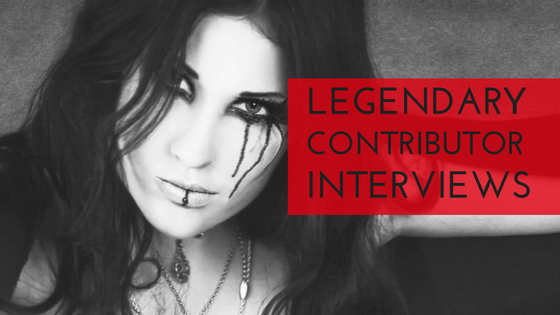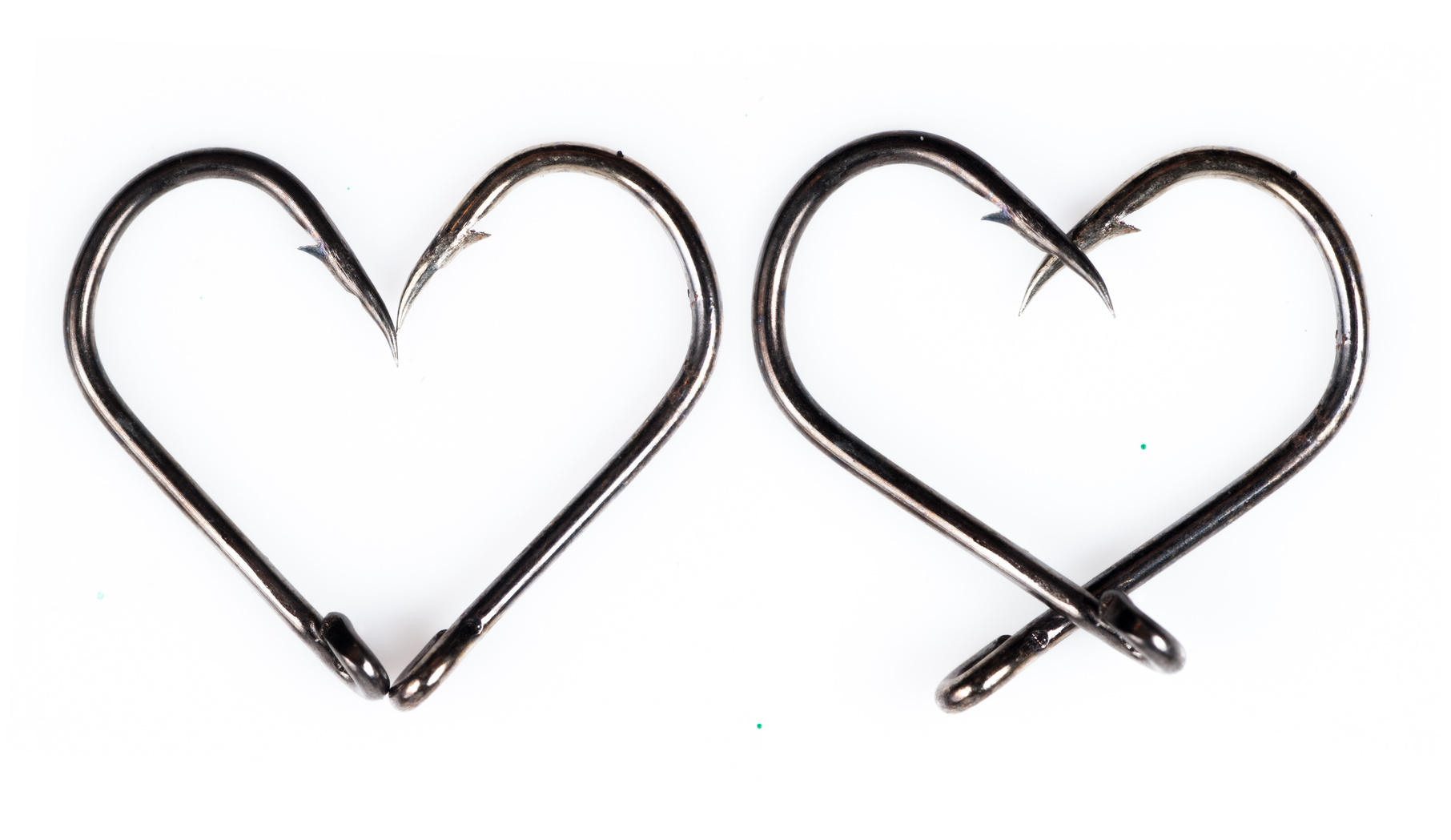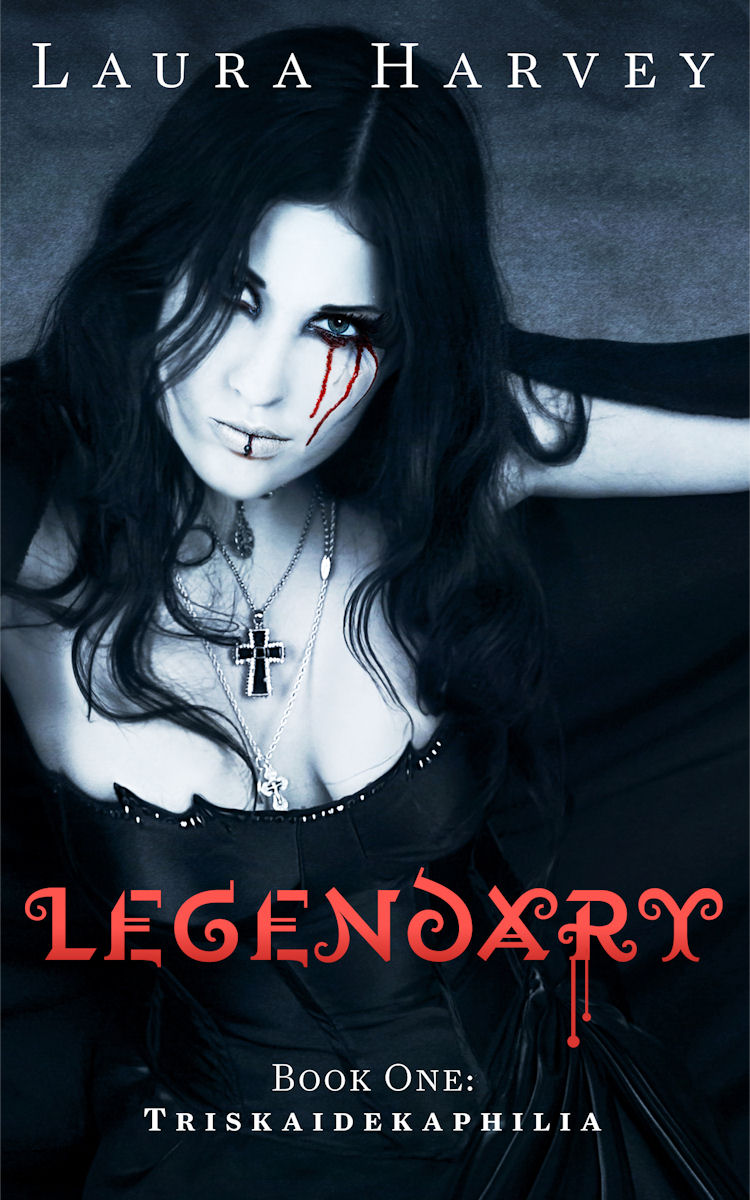
You’ve heard them.
You’ve told them.
You’ve thought twice about looking in a mirror or picking up the phone because of them.
Urban legends are told and retold around camp fires, during sleepovers, and all over the internet.
In preparation of the release of LEGENDARY, Pen and Kink Publishing is giving you a chance to get to know the contributors and a sneak peek at the stories.
This week Michael Leonberger talks about his story “The Hook.
“THE HOOK” EXCERPT
When Tilly first got in the car, all the glaze and mustard dropped from Jenni’s voice and she said, quite seriously, “Are you okay?”
Tilly nodded. Petrified. Her fist and her hook bunched below her chin, her eyes wide with apprehension, but she nodded. “Just go slow. Be safe.”
Then they started to drive. Slowly. Not very far.
Eventually, those trips became longer. They’d stop for gas on new stretches of highway, and it was like gold pumping into the car, all glittering possibility.
The music became louder, the singing off key but iridescent, and then it didn’t matter where they were, or even where they were going. Not when they were together. Not when Tilly was with Jenni.
Jenni, whose parents wouldn’t approve, but what they didn’t know couldn’t hurt them, as long as they were far away, stuffed in the basement of a church, praying for the town’s salvation, while Jenni and Tilly stole kisses in the movie theater, or in the back of the record store, or even (if they felt very bold) in the park.
Until it didn’t matter where they were kissing, or for how long.
Jenni grew bolder, asking if she could see Tilly without the hook. Tilly told her no, every time.
“It’s my ugly part,” she’d say, matter of factly, and Jenni would say, “No part of you is ugly.”
Tilly knew that was a lie. It was ugly, and she’d sand blast it down to her shoulder if she could, get rid of the damned thing entirely.
And yet… amor fati…
Jenni found her other scars. The ones on the upper part of her left arm, from where she dug in her fingernails, when the things in her head got too loud.
From where she’d sometimes dig in Dad’s knife.
She kept it in her boot, the little pocket blade Dad brought back to her from the war. It was a Swiss army knife that had many purposes and she’d been delighted by them all until he died. Then she became preoccupied with only the one.
Jenni found those little white scars and traced them with her finger, even attempted to kiss them away, but Tilly pulled back.
She felt, somehow irrationally and maybe childishly, that those scars were hers, just as the knife was hers. It was her business what she wanted to do with her skin and her life, and she held onto it, just in case… just in case…
Slowly, Jenni interrupted all that. Reversed it. Replaced those thoughts with a surprising desire to be in cars again. Appreciated her skin, even what was warped, even what was irreversibly damaged.
And then one day Jenni stopped the car and extended her open palm.
“I want it,” she said, meaning the knife, and Tilly wanted to laugh out loud, thinking she could do far worse things to her own skin with the hook, but Jenni was serious.
“No more of this,” Jenni said, raking her eyes to the spot on Tilly’s arm where the little thin stripes of embarrassed flesh peeked at her from above the sock.
“I won’t,” Tilly protested. “I don’t! Not with you…”
“With or without me,” Jenni said. “It isn’t just yours, now,” she said, and Tilly wasn’t sure if she meant her body, her life, or just Dad’s knife, and hoped she meant all three.
“Good girl,” Jenni said, locking the knife away in her glove compartment. “Because some day we’re gonna drive out of this town. Far away, you and me, to someplace where we can both be someone. Where we won’t look back. And I need you to want to live when that happens.”
Interview With Legendary Contributor Michael Leonberger
Tell us a bit about the urban legend you picked and why?
I think the original “Hook” is just a classic story, up there with “Little Red Riding Hood” in terms of frightening tales we tell children to keep them in line. It’s also the basis for the entire slasher movie genre as far as I’m concerned, so I saw this as an opportunity to play in that sandbox. Beyond that, I wanted to tell a more progressive tale than the original. The late film critic Robin Wood wrote that the horror genre is all about the return of the repressed. The things we’ve been lying about or hiding that come back as monsters. We either let the things we repress out of the coffin or stuff them back in by the story’s end. In that way, the horror stories we tell say a lot about who we are as a culture.
So in the original tale, young people are punished for their sexual transgressions by a man with a physical disability and repression wins the day. I wanted to flip that. In this telling, the main character is a girl who has survived a car accident, but lost her hand and now has a hook prosthetic. She is in love with another girl, something the antagonist sees as a punishable transgression, but in reality is not. Throughout the course of the story she finds the things that she’s been repressing actually give her courage and resiliency. Not only that, but people with disabilities are too often the villains of horror stories, when the reality is that they can be the very best of us. I hope this story reflects that.
Tell us a little about the characters in the story?
The main character is a girl named Tilly who lost her hand in a horrific car accident that killed her father. She is flush with guilt and anxiety and an anger she is struggling to give voice to. She is in the painful process of stitching herself back together, and along the way she discovers someone who can help her with her gentle suturing: a girl named Jenni. An optimistic live-wire who works at the local record shop. Carefree, full of hope, seemingly not dragged down by the scars in her past. They fall in love and become fiercely determined to leave their small town behind and find something new together in the future.
There are a couple of things standing in their way, of course. Tilly’s anxiety about riding in cars. Jenni’s parents’ disapproval of homosexuality. The repressive, suspicious atmosphere of their hometown.
And their stalker: a vicious man who follows them and takes pictures of them and leaves them threatening notes. He’s got a gun in his glove compartment and is only waiting for the perfect opportunity to fulfill God’s work and eliminate what he sees as a blight on the Earth.
How long did it take you to write this story?
A while. I’ve been meaning to write a story that deals with surviving trauma for some time. So many of my favorite horror stories leave characters traumatized at the end and I wanted to do one that began with the trauma and explored survival. So the elements of this story have been in my head for a long time. The actual writing and editing process was longer then usual partly because I’ve been sort of precious about this one.
What other work do you have out there?
I’m glad you asked! I did a short movie in 2009 called “Hair Grows In Funny Places”. It’s a horror/comedy about a guilty werewolf who hires and falls in love with a dominatrix. She helps him cage the beast, so to speak. The movie has since played internationally at film festivals. I did a feature length comedy in 2014 called “Goodish” with a friend of mine about the mediocre love lives of middle school teachers and video editors. Since, I published a novel called “Halloween Sweets” about two high school girls who don’t fit in, who are bullied and alone except for the world that they’ve created together. Only one of the girls can raise dead people back to life (!!). It creates a pretty terrible situation for them in town and it all comes to a head on Halloween. I’ve had several short horror stories published, about carnival workers and serial killers and guilt and survival and disfigurement: all the pleasant stuff that I feel compelled to write about over and over again for some reason! I also do a monthly column for an online journal called “Digital America”.
What do you do when you’re not writing?
I’m a teacher. I did horror make-up effects at Kings Dominion for a long time, and I work on movies and do video work when I can. I love watching horror movies, reading comic books, and blasting Bruce Springsteen.
What’s the best part about writing?
Enveloping yourself in a world where you can exercise your demons. Where you can live out alternatives. It’s like playing the best video game ever, because you control all the variables and outcomes. Better still is when you lose that control, and the story develops a life of its own.
Then it becomes your favorite movie you’ve ever seen in your own head, perfectly tailored to your interests and anxieties. The hope, I guess, is that other people enjoy whatever you’ve created in that process.
The other terrific thing about writing is the rhythm of words. I come from a family of musicians, and while that particular skill missed me, I sometimes think writing isn’t so dissimilar.
What’s the hardest part about writing?
When you’re failing, and half of writing is feeling like you’re failing. That the story doesn’t match up to the perfect scenario you had in your head. That whatever is screaming in your guts isn’t on the page for some reason. That it didn’t translate right, or that your favorite character has become someone you didn’t want them to be. All of that stuff: the warts and scars you inevitably see when you read your stuff back. It’s hard to trust the opinion of other people, too: their cool, level headed interpretation of your work, because by the time you show your writing to someone else you’ve inevitably become a histrionic puddle about the whole thing.
So I guess it’s hard to keep cool.
What inspires you?
Really everything. You synthesize movies you’ve seen, and the life you’re living. Friends and family you admire, scary neurotic nightmares that keep you up at night. Politics and news and music. It all goes into the big blender in your head, and it spits out however it spits out.
What are some of your favourite books/authors?
I love Frankenstein by Mary Shelly. She was the daughter of this big feminist, and she wrote basically the scariest story ever, I think. A tale where you sympathize with the monster, a tale about bad parenting and not asking to be born and living life in a body you didn’t want, that makes everything harder. She did all that when she was only eighteen. She’s a rock star as far as I’m concerned.
Second has gotta be William Gaines, of “Tales From the Crypt”. He was a visionary, who fought for freedom of speech in the coolest way possible: goopy, gloppy monster stories rife with socially relevant undertones. I’m a huge fan of those comics.
I love pulp books. Everything from Ann Bannon to everything Hard Case Crime has ever published. I love Stephen King, Robert Bloch, Clive Barker, Richard Matheson, Jim Thompson, Sylvia Plath, J.D. Salinger, Flannery O’ Connor, Wes Craven, John Waters and Bruce Springsteen (where music is literature). Though I think my favorite book ever is the collected short stories of Tennessee Williams. He found the throbbing pulse of the whole thing, as far as I’m concerned.
Michael Leonberger
 Michael Leonberger is a writer and teacher from Virginia, where he currently lives with his girlfriend and their pet turtle.
Michael Leonberger is a writer and teacher from Virginia, where he currently lives with his girlfriend and their pet turtle.
He graduated from VCU with a degree in Cinema and has worked jobs as disparate as a horror make-up effects artist for Kings Dominion’s Halloween Haunt to being an extra in the Steven Spielberg film, Lincoln.
In 2014, his first feature film, Goodish, was an official selection in the VA Film Festival in Charlottesville, VA. That same year he published his first book, Halloween Sweets. He has since published several short stories.
He currently writes a monthly column for the online journal Digital America.


Trackbacks/Pingbacks